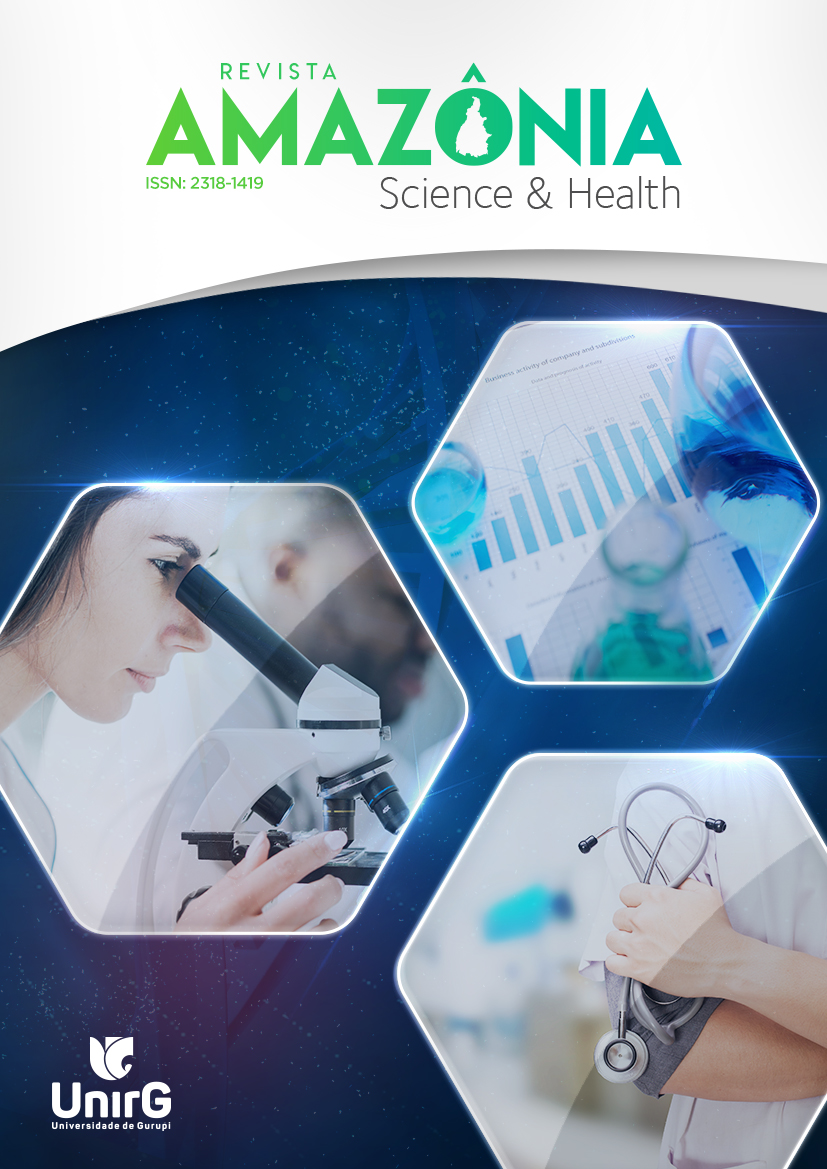Evaluation of aromatherapy in pharmacy students with probable anxiety symptoms
Caio Cesar Henriques Mendes, Jefferson Quadros Ripardo, Carmen Lúcia Lobato Adegas, Ananda Karolyne Martins de Brito, Andressa Santa Brigida da Silva, Bruno Gonçalves Pinheiro, Bruno José Martins da Silva, Tais Vanessa Gabbay Alves
Abstract
The objective of this study was to evaluate the influence of aromatherapy on university students with signs of anxiety. For this purpose, a study was conducted with 26 volunteers of both sexes and ages ranging from 18 to 51 years. Anxiety was assessed by the State-Trait Anxiety Inventory after the participants signed the Informed Consent Form (ICF). Participants who presented a score of at least 33 points on the STAI were included in the study. The study was randomized into two groups: the test group that received the blend of chamomile and lavender oils and the control group that received only a carrier oil containing only coconut oil. The data were entered into an Excel spreadsheet for subsequent statistical analysis in the BioStat software applying the t-test, where p<0.05 was considered significant. After the analyses, it was found that the data obtained presented a non-significant p result, with a p-value>0.05. However, although the result was not significant, there was a reduction in anxiety levels and a small reduction in STAI scores when compared to no intervention.
Copyright (c) 2025 AMAZÔNIA: SCIENCE & HEALTH

This work is licensed under a Creative Commons Attribution-NonCommercial-NoDerivatives 4.0 International License.
A Revista faz uso da Licença Creative Commons Atribuição-Não Comercial-Compartilha Igual 4.0 Internacional (CC BY-NC-SA 4.0)
Maiores informações sobre a licença disponível em: https://creativecommons.org/licenses/by-nc-sa/4.0/deed.pt
- 1º Os autores cedem à Revista Amazônia: Science & Health os direitos autorais no momento em que submetem seus artigos à mesma. Os autores declaram que o artigo submetido não foi publicado, e não está sendo considerado para publicação, na íntegra ou em parte em outro periódico. Os autores assumem total responsabilidade pela originalidade do artigo, podendo incidir sobre os mesmos, eventuais encargos decorrentes de reivindicação, por parte de terceiros, em relação à autoria do artigo.
- 2º A reprodução total dos artigos da Revista em outros meios de comunicação eletrônicos de uso livre é permitida de acordo com a licença Creative Commons Atribuição-NãoComercial-CompartilhaIgual 4.0 Internacional.
- 3º Para outras situações (reprodução parcial dos artigos, impressão em meio físico, entre outras) é necessária consulta e autorização prévia do Conselho Editorial.


